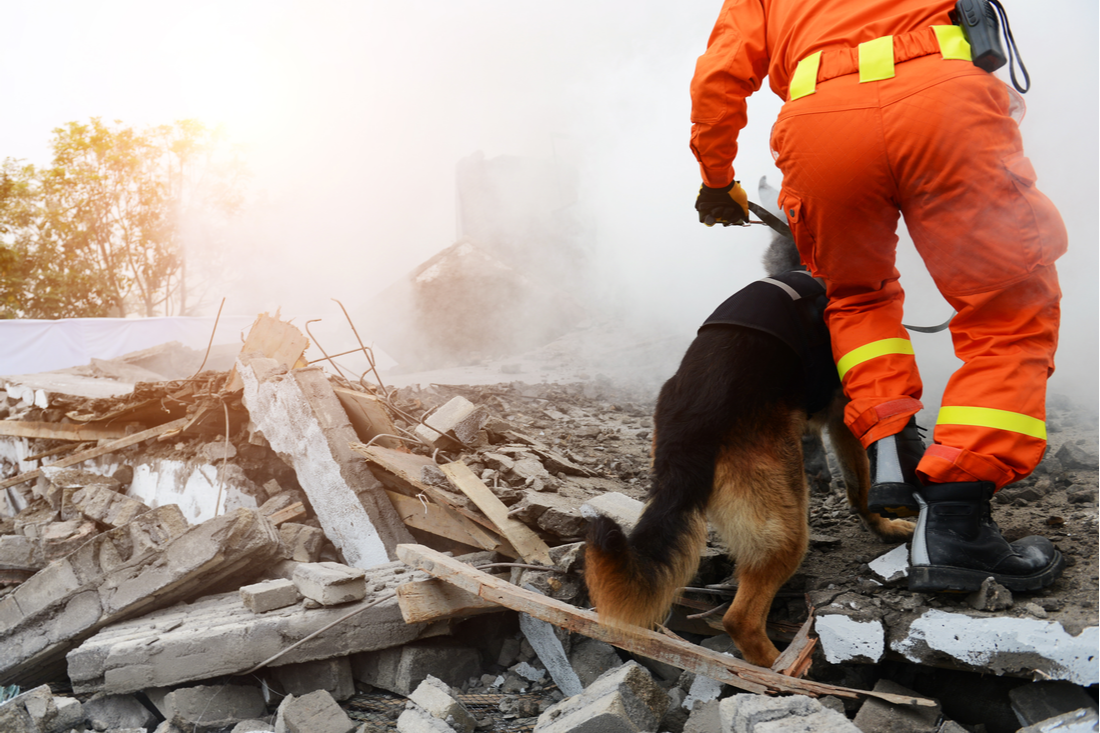
17 Aug 2021 BPC Action Applauds Bipartisan, Bicameral Legislation to Authorize and Reform CDBG-DR in Housing
Congress has appropriated more than $90 billion for long-term disaster recovery purposes through HUD’s Community Development Block Grant Disaster Recovery program since 2001. However, the program has never been permanently authorized, relying instead on an endless series of supplemental appropriations and Federal Register notices and preventing the timely delivery of recovery aid.
BPC Action applauds the bipartisan, bicameral introduction of the Reforming Disaster Recovery Act (H.R. 4707/S. 2471), which would permanently authorize CDBG-DR and establish a funding mechanism to enable more rapid allocation of CDBG-DR funding in response to catastrophic disasters. Senate Appropriations THUD Subcommittee Chair Brian Schatz (D-HI) and Ranking Member Susan Collins (R-ME) led introduction in the Senate, while Rep. Al Green (D-TX) introduced the companion bill in the House.
Developed with the goal of providing greater certainty and predictability for communities impacted by these significant events, the bill directs HUD to establish permanent regulations for CDBG-DR to eliminate the lengthy delays often associated with developing and issuing appropriation-specific Federal Register notices that have been the historic approach to managing these funds.
This bill significantly advances the discussion around CDBG-DR authorization as Congress considers a CDBG-DR appropriation in response to 2020 disasters as well as potential 2021 events. It also aligns with the goals of BPC’s task force on disaster response reform, formed in 2020, and advances a key priority of our Adaptation Working Group. Congress should not miss the opportunity to put this critical long-term recovery asset on a more permanent footing in advance of, or concurrent with, any forthcoming appropriation.
BPC Action will be working to promote rapid consideration of CDBG-DR authorization in the coming months with a focus on ensuring that CDBG-DR funds are allocated and expended more quickly, impactfully, and equitably to disaster-impacted communities.
